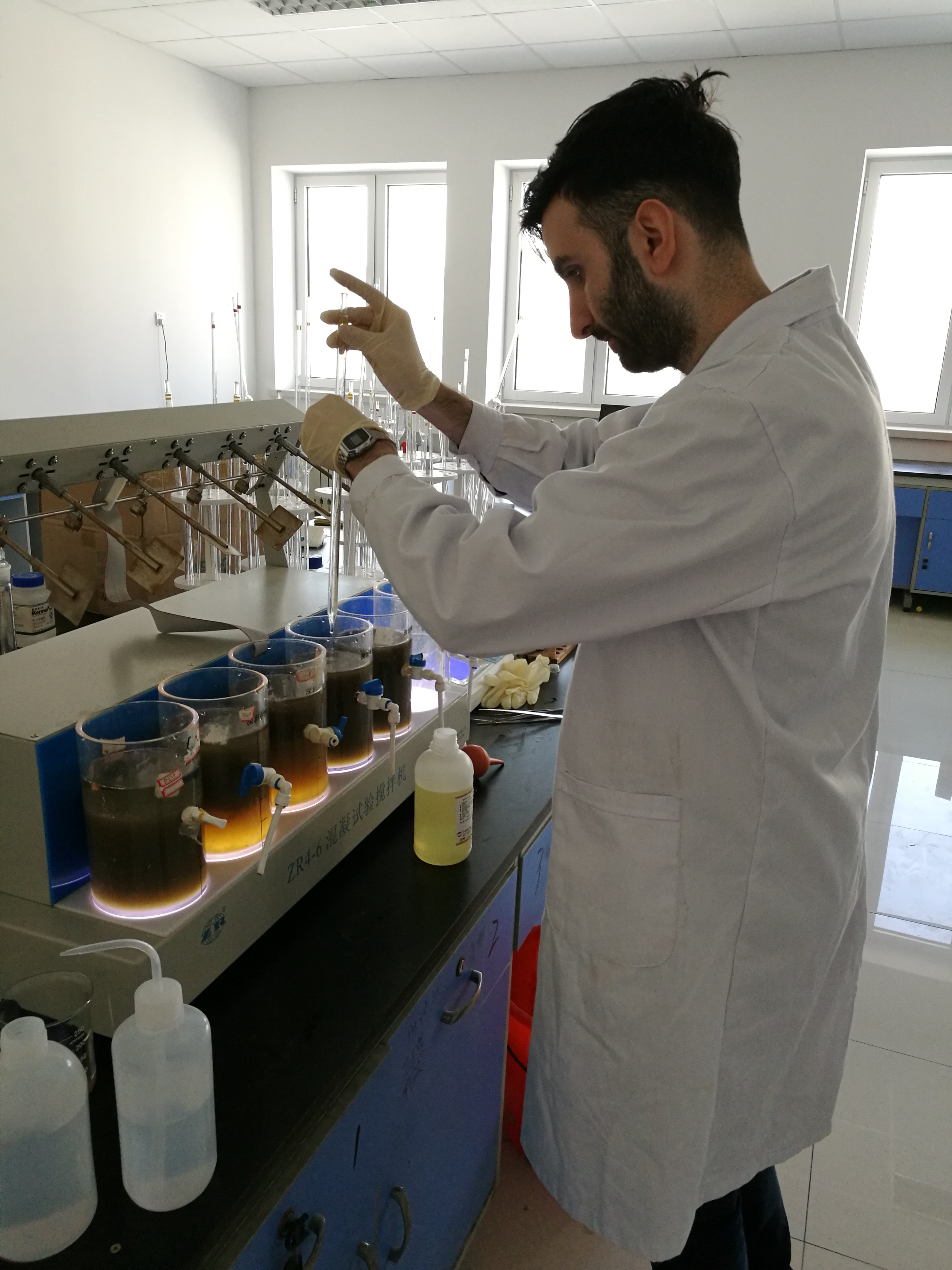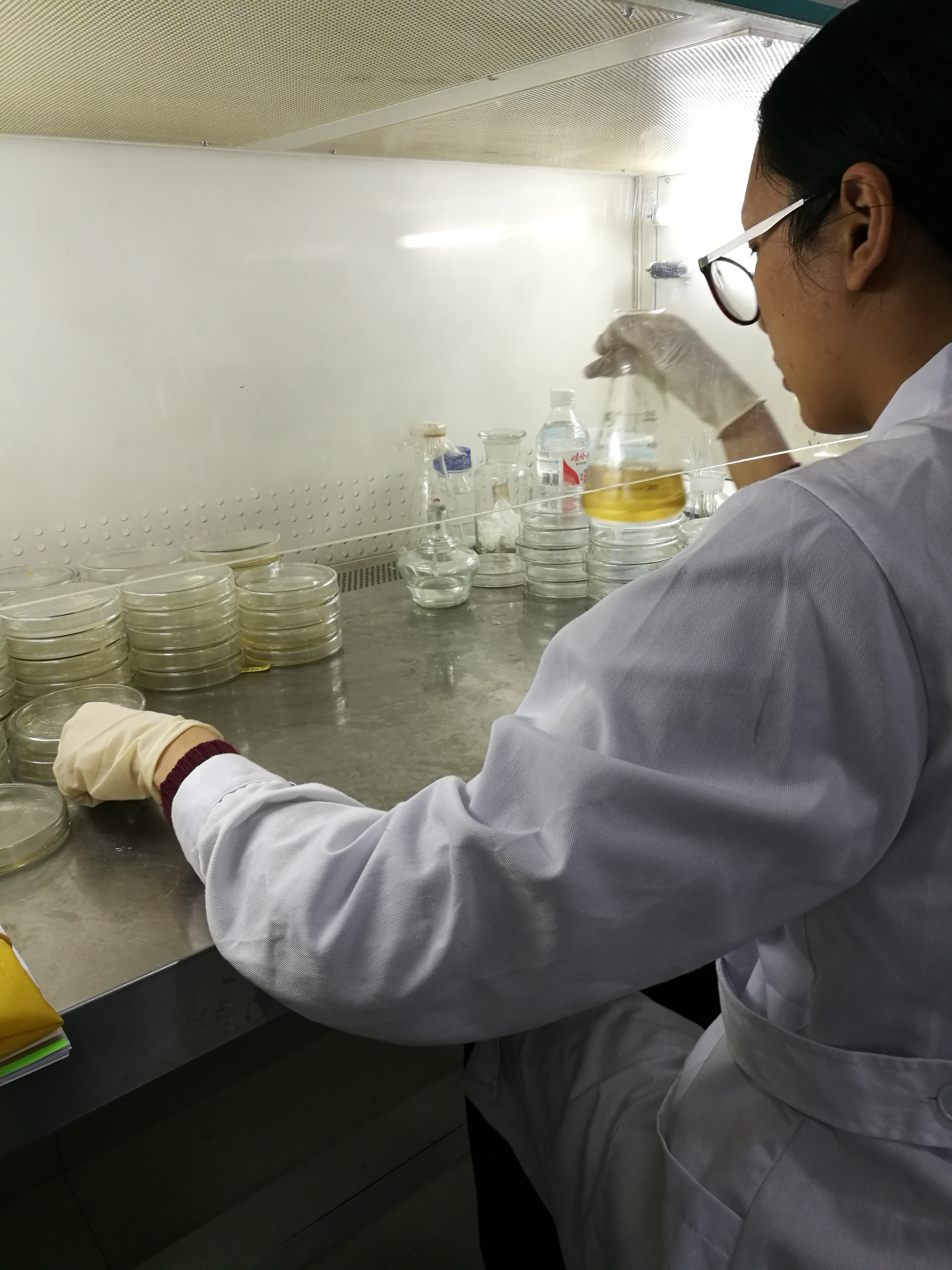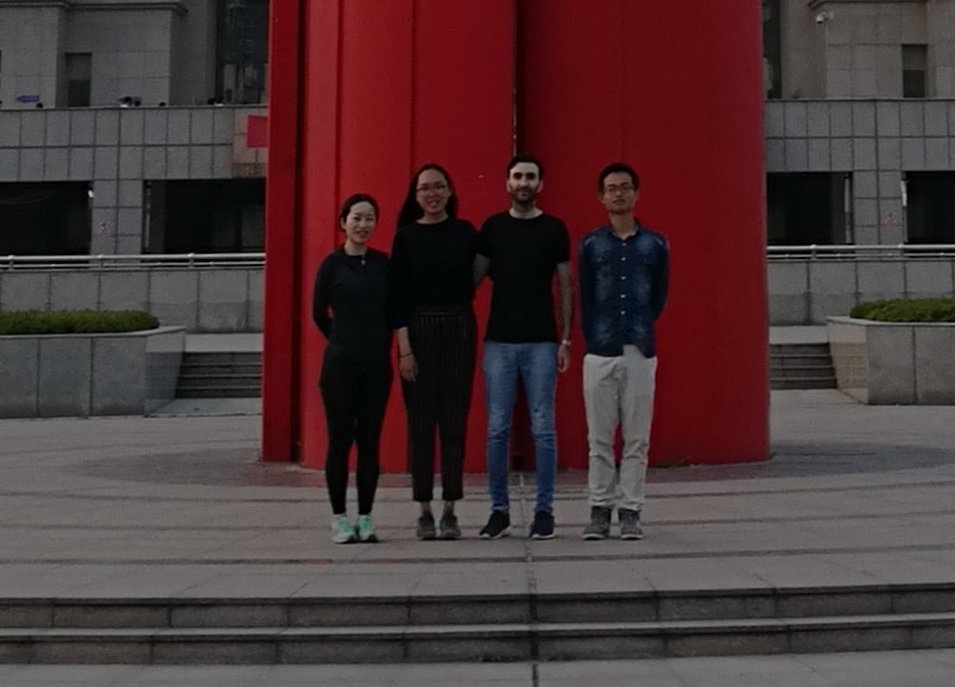Removal of Antibiotic Resistant Bacteria in wastewater Jinan, China
In the third quarter of the academic year of 2017/2018 we (Maurice Shorachi & Monique Woen) were given the opportunity to collaborate with the University of Jinan (UJN), China to perform a research project for our bachelor thesis. We conducted a research regarding the removal of Antibiotic Resistant Bacteria (ARB) in wastewater. This collaboration was made possible with the help of our supervisor Dr. Ir. Gang Liu (TU Delft) and our external supervisor Dr. Liping Qiu (UJN).
The use of antibiotics continues to increase significantly since the 20th century. The (over)use of antibiotics has resulted in Antibiotic Resistant Genes (ARGs) and Antibiotic Resistant Bacteria which will carry through water treatment plants without proper measures. Since public health among other industries depends heavily on antibiotics, to stop using antibiotics in these sectors will not be an option. Thus, the use of antibiotics will only further increase the number of ARGs and ARB. The objective of this thesis was to research the effects of the disinfection reagents chlorine and the combination O3/H2O2 in the removal of ARB in wastewater, originating from the campus of the University of Jinan. In the end, finding the optimal disinfection parameters for the removal of ARB in University of Jinan's wastewater.


To find out what impact the disinfection reagents have on the total bacteria and the ARB, experiments were carried out. Wastewater samples were gathered from the wastewater treatment plant of the campus of UJN. Subsequently, these samples were disinfected with different dosages of the disinfection reagents in parallel. The treated samples were cultivated on agar plates. Also, TOC analysis was performed on the treated samples. The obtained results were reviewed based on the ARB count and the TOC values. The aforementioned experiments were repeated with adjustments until the target ARB count was met, thus obtaining the optimal disinfection parameters. It was concluded that chlorine and O3/H2O2 is effective in the removal of ARB in UJN's wastewater. The found optimal disinfection dosages are respectively 120 mg Cl2/L with the reaction time of 30 minutes and 134.4 mg O3 and the ratio H2O2 to O3 of 0.15.
Our time at the University of Jinan was incredibly informative, as we have learned how to perform accurate experiments in a laboratory within a short time span. Also, it was interesting to learn about Chinese wastewater systems and which problems they face. Besides these project related experiences, we also learned a lot about the (regional) Chinese culture as we have lived as real Chinese students for a month. This includes interacting with Chinese students, experiencing the food culture and the regional culture of the Shandong province. We are very thankful to the students and our local supervisor who have accepted us with open arms in all aspects and have guided us through this amazing journey. We recommend every student to do their project abroad to challenge yourself while also broadening your perspective and learning about amazing new cultures!
Monique Woen & Maurice Shorachi
